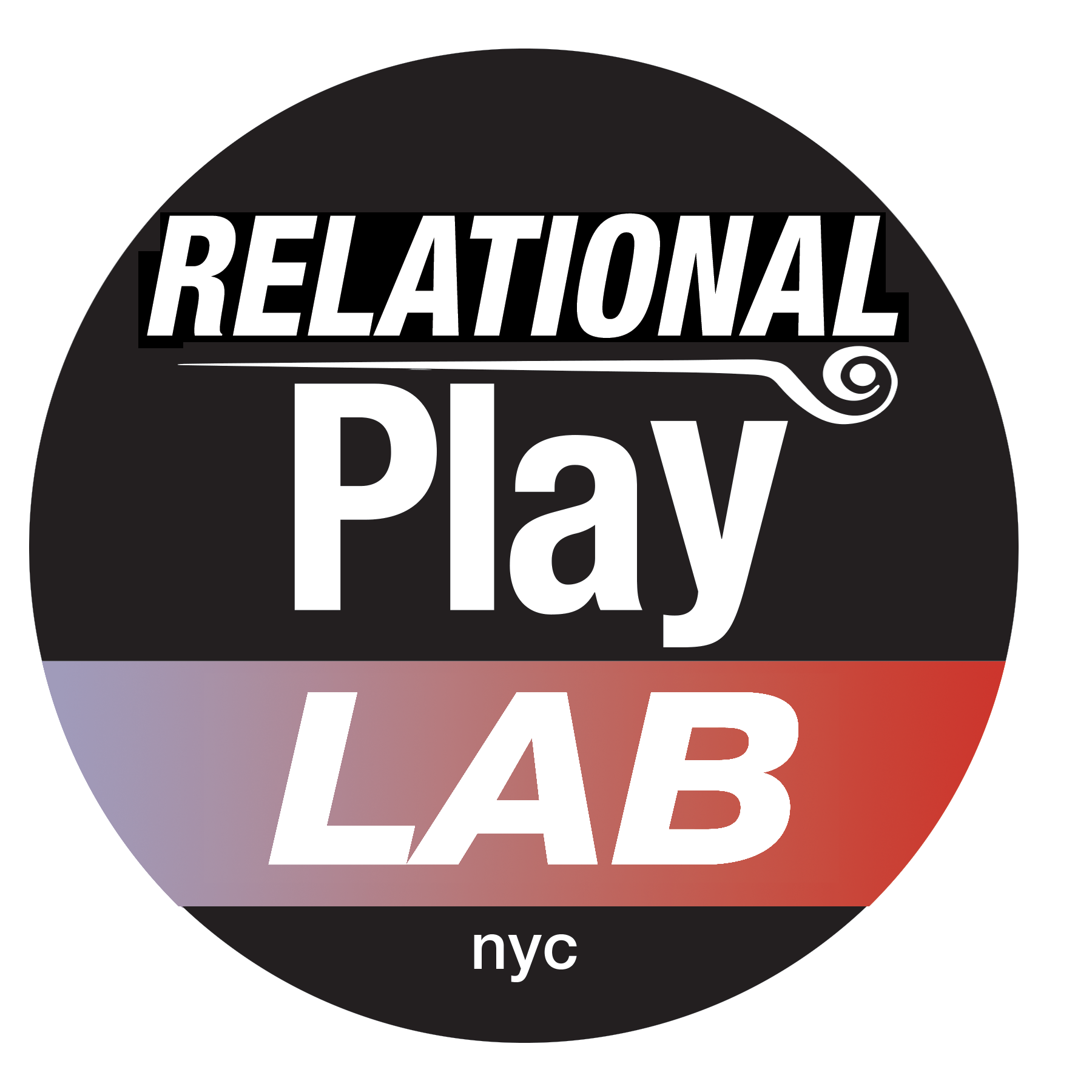Originally posted at Salihabava.com/academic on June 05, 2015
**************
When I talk about life as performative, people say “what do you mean?”
When I talk about how we are performing discourses of what it is to be a man, woman, immigrant, professionals etc, people hesitantly say “I can see that.”
And when I take this conversation further and say we are all constantly performing, I get a sharper response, “when I’m at home or in the privacy of my home, I’m not performing.” Or “performance is fake, I’m not being fake.”
The challenge in the West is not with the construction of performance, it is with the construction of “real.” We have created the myth of life as real. So anything that is not real is fake and performance falls in that category. So we are back to asking the question about categories: how do we create a box that carries the label of “real?” In Hinduism, there is the belief that all of this life is an illusion (Maya). The making of this life is an illusion, as real life is making beliefs and making believe (Walter Anderson, 1990). All of which is performatory.
Life is no more real than how we create and perform meaning. I’m not saying experiences do not exist, neither am I saying they do. I’m not talking about existence. I am talking about the process of labeling something real or not. I am talking about how we come to believe and make beliefs. How do we decide what is real? As a reader mrmars responds to the article “The Pleasures of Imagination” in The Chronicle Review (http://chronicle.com/article/The-Pleasures-of-Imagination/65678/)…

